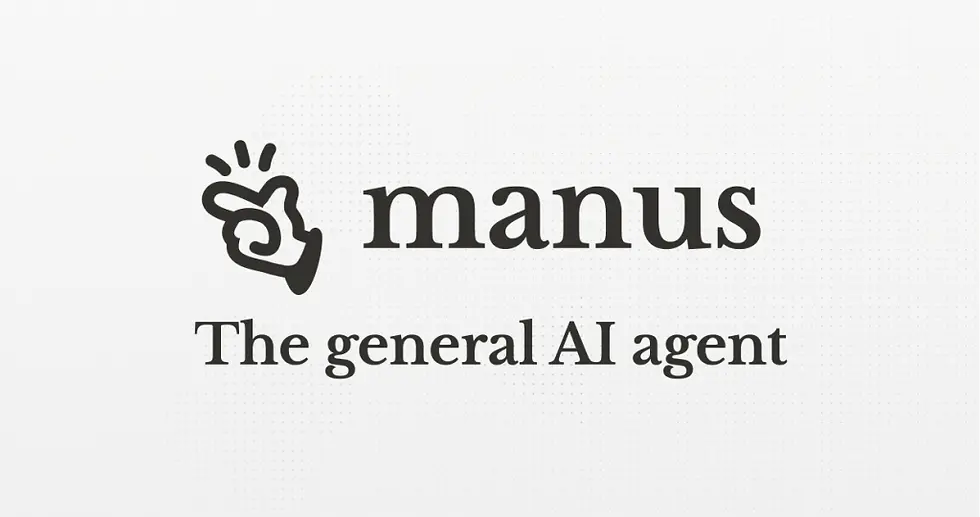Russian-Ukraine Conflict Has Limited Impact on Global Electronics
- Led Wayline
- Mar 1, 2022
- 2 min read
Updated: Mar 15, 2022
As Russia fired the opening salvo that signalled the start of its war with Ukraine, stock markets – especially global commodities – became significantly impacted within hours. While these adverse issues quickly affected various heavy industries as well, the electronics industry believes the effects are limited.

For now, the looming threat of war – one Europe had not seen since World War 2 – caused stock value for various manufacturers to drop as new fears of supply chain disruption grew.
This is due to how Ukraine is a major supplier for semiconductor-grade neon – a critical component for lasers that are part of the chipmaking process. As for Russia, it is also a key source for palladium – a metal that is used extensively in sensor and memory modules.
One report from Reuters shared a quote from an anonymous source from the Japanese chip manufacturing sector: “(While) chipmakers are not feeling any direct impact, the companies that supply them with materials for semiconductor fabrication buy gases, including neon and palladium, (especially) from Russia and Ukraine are (affected). The availability of those materials is already tight, so any further pressure on supplies could push up prices. That, in turn, could knock on to higher chip prices."
Lee Seok-hee, CEO, SK Hynix – a South Korean memory module maker – also shared recently that there is no need for any panic as it managed to secure plenty of raw materials that it needs. Similarly, Malaysian-based Unisem, a major electronics supplier for Apple, also shared with The Edge how it expects no impact on its production as everything is not sourced from Ukraine or Russia.

Even if there is an impending price surge, electronic manufacturers around the world are prepared for this disruption as ongoing shortage issues have already forced them to look for alternative sources. This is the go-to option for many major electronics makers, like Taiwan Semiconductor Manufacturing Co Ltd (TSMC), Intel Corp, and Samsung Electronics. In fact, Intel noted to Reuters that it does not anticipate any impact from the Russia-Ukraine conflict.
As is, others have even started stockpiling both noble gases and raw materials when the Crimea Conflict started. The US-China trade war, ongoing pandemic, and other global and regional socio-economic issues have also forced the electronics sector to extend these contingency plans. GlobalFoundries, a major supplier to end-product manufacturers, confirmed it had the flexibility to seek beyond Russian and Ukrainian sources.
Checks from Taiwan’s Ministry of Economic Affairs also confirmed that its supply chain will not be affected. Joanne Chiao, Senior Analyst, TrendForce, shared how Russia is not one of Taiwan’s foundry industry’s major markets.
While the Russia-Ukraine conflict is still ongoing, the electronics industry is somewhat insulated for now and will remain as such as it expands its efforts to build new supply lines for raw materials.
The newly started conflict between Russia and Ukraine is expected to have a minimal impact on the electronics supply chain
Raw materials are being stockpiled so market players are ready for any disruptions
Various major fabricators and manufacturing shared that they expect no impact on chip production


